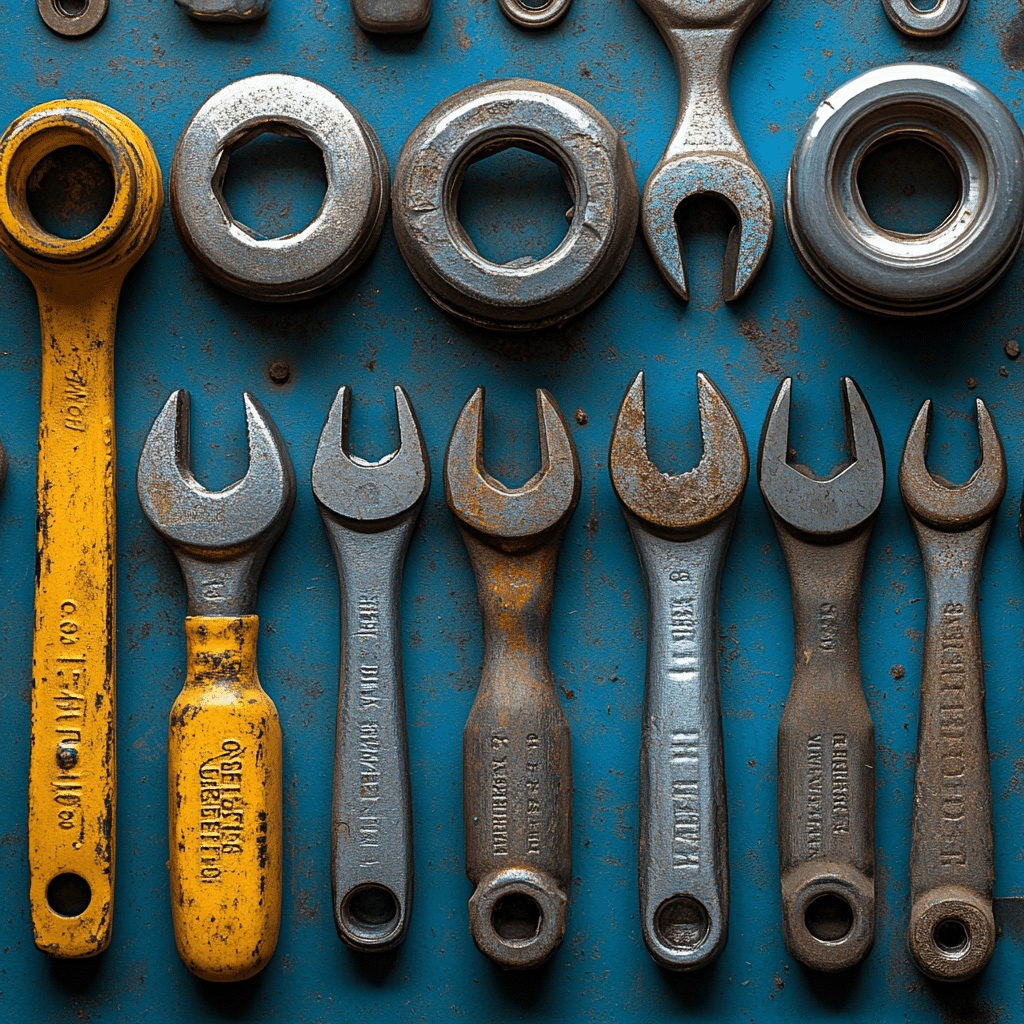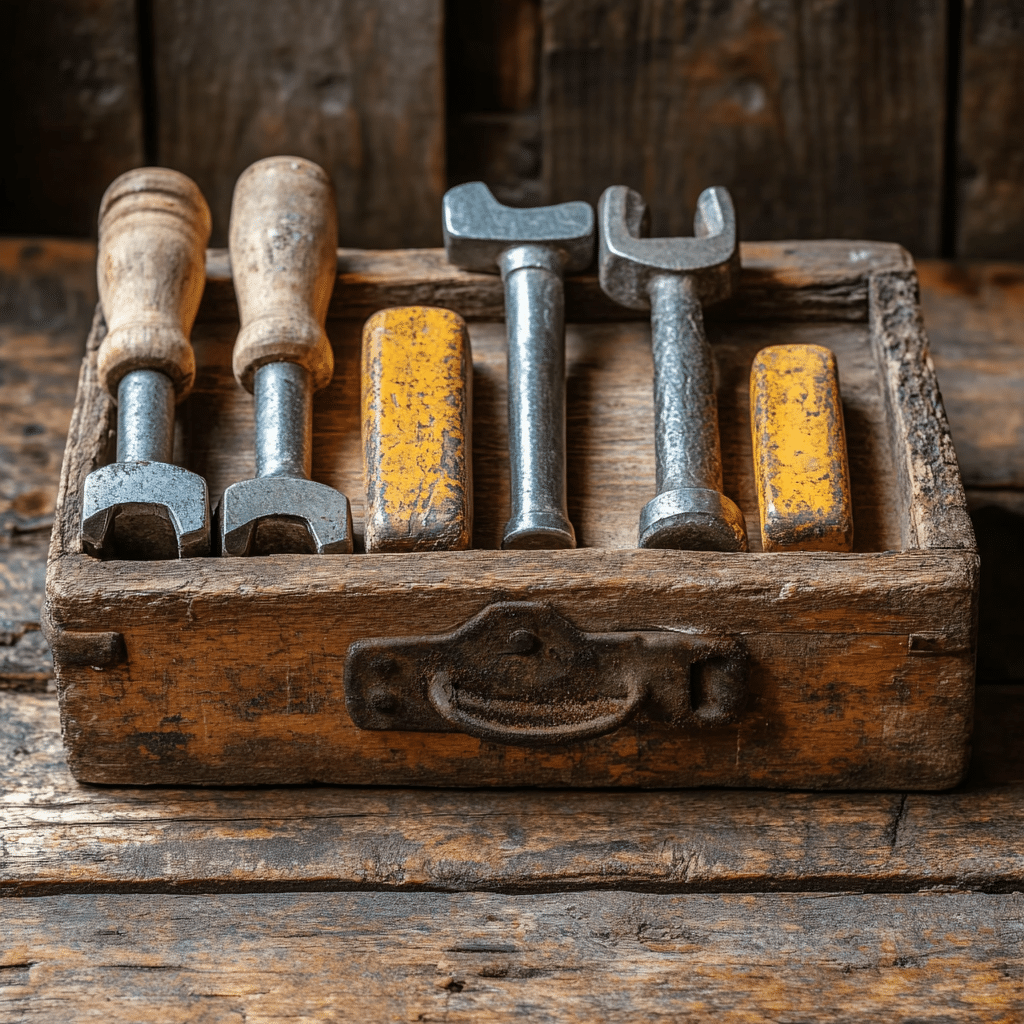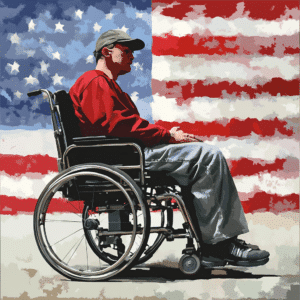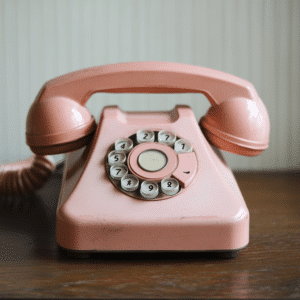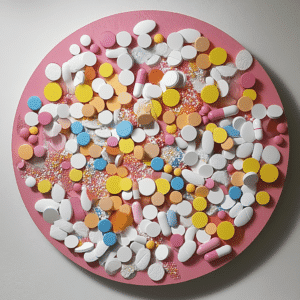Addiction can feel like an insurmountable challenge, both for those struggling with it and for the families who love them. As parents, witnessing a child battle addiction often leaves us feeling helpless and heartbroken. However, tools for sober living exist that can guide both individuals in recovery and their loved ones toward a brighter future. By digging deep into essential strategies for lasting recovery, we not only support our children but embark on our own paths of resilience and healing.

The Importance of a Strong Support System
Creating a solid support network is like building a safety net through the dizzying heights of recovery. Everyone needs someone to lean on during tough times. Whether that’s family, friends, or people who truly understand addiction’s grip, a strong support system can work wonders. Groups like Al-Anon and Nar-Anon offer families a chance to connect. They provide spaces to share experiences, giving a sense of community amidst the isolation addiction often brings.
For parents, just knowing you’re not alone can be a massive relief. Consider online platforms like Sober Grid, which connect recovering individuals in real-time. Whether the connection is made face-to-face or through a screen, accountability thrives when people share their journeys. It’s vital to remember that you don’t need to walk this road alone. Others have faced the same daunting struggles and can lead the way with insights, encouragement, and hope.
Finding resources for yourself is equally important. Balance your focus on your child’s recovery with self-care. When we arm ourselves with knowledge, we create a fortress of resilience against despair. Seek out addiction Helpline numbers that can provide immediate assistance when you’re feeling lost. Additionally, exploring free addiction Resources can offer a wealth of information, including coping techniques and support systems that matter.

Top 7 Practical Tools for Sober Living
Let’s dive into some practical tools for sober living that can truly enhance the journey of recovery. These tools can build a sturdy foundation for a life free from addiction:
Implementing these diverse tools for sober living can significantly enhance the recovery experience. They address mental, emotional, and physical aspects, forming a wholeness that nurtures growth in sobriety.
Developing Healthy Coping Mechanisms
Establishing healthy coping strategies is vital in fighting addiction’s relentless tide. Recognizing the triggers that provoke cravings is the first step in creating effective alternatives. Communities can provide ample education through resources such as the National Alliance on Mental Illness (NAMI). These tools not only educate but also help families navigate the mental health landscape.
Teaching children and loved ones to identify stressors is crucial. Once they know their triggers, they can develop personalized coping strategies. Whether it’s engaging in meditation, calling a friend, or exercising, finding what resonates can make a tremendous difference in managing anxiety.
Practicing journaling can additionally offer invaluable insights into emotions and experiences. Writing things down allows individuals to see patterns and potential triggers in behavior, edging them closer to long-term recovery.
Establishing Routines for Stability
In life’s unpredictable chaos, structure can offer a breathing space. Routines—small but mighty—help create predictability that stabilizes recovery. Regular wake-up times, meal patterns, exercise schedules, and leisure activities embody a well-rounded routine that uplifts spirits.
Apps like MyFitnessPal can aid in fostering healthy eating habits, crucial for overall health during recovery. A structured dietary plan can immensely enhance physical and emotional well-being.
A well-defined daily schedule can also alleviate stress. Filling time with productive tasks reduces the likelihood of wandering back to old habits. By weaving these routines into everyday life, individuals can establish a consistent rhythm and sense of accomplishment.
Understanding the Role of Relapse Prevention Plans
A relapse prevention plan operates much like a roadmap. It articulates the steps to take when facing high-risk situations, identifying warning signs before they escalate. Through guidance from resources like the Substance Abuse and Mental Health Services Administration (SAMHSA), individuals can craft personalized plans that resonate deeply with their unique experiences.
Practicing these plans is essential. Rather than waiting for crises, role-playing coping strategies integrates knowledge into instinct, making it easier to respond in real time. Engage with support groups to share prevention strategies and learn from others’ experiences.
Making a commitment to revisit and adjust the plan ensures it remains relevant and effective as life evolves. Embracing this proactive strategy nurtures a commitment to a healthy, sober life.
The Power of Journaling in Recovery
The art of journaling emerges as a transformative practice in recovery. Writing encourages individuals to reflect on their experiences, emotions, and challenges in an accessible way. This process cultivates self-awareness and offers clarity.
Many prominent figures underscore journaling’s importance. Elizabeth Vargas, a well-known author and mental health advocate, advocates for writing as a form of self-expression and healing. Her journey highlights that storytelling—whether internal or external—holds powerful therapeutic potential.
Journaling can serve as a release for emotions that might otherwise feel overwhelming. It transforms chaotic feelings into ordered thoughts, helping individuals piece together their journey toward recovery.
Engaging with the Community
Every parent knows the importance of staying connected, and community engagement can lessen the feelings of isolation that surrounds addiction. Participating in local support groups not only fosters relationships but enhances emotional well-being. Volunteering for community programs can provide a renewed sense of purpose, essential to the journey of sober living.
Community service projects allow individuals to contribute positively to society, reinforcing self-worth. Sharing experiences and wisdom can build connections that last long after recovery begins. Extending a helping hand offers both purpose and healing through service.
Together, families can form a supportive circle. Engaging with others in similar situations creates understanding, paving a smoother road through recovery.
Embracing Lifelong Accountability and Growth
Sustaining sobriety is an unending journey. It requires proactive engagement with recovery tools and a commitment to lifelong learning. Regularly attending support meetings, continuing education, and reflecting on personal growth can fortify resilience against the temptation of relapse.
The integration of tools for sober living nurtures both individuals and families, creating a cycle of support and empowerment. Focusing on holistic recovery fosters growth, connection, and wellbeing. As we commit to shared experiences and adaptability, we can envision fulfilling futures, uniquely steeped in healing and strength.
At Mothers Against Addiction, we stand with families every step of the way. By wielding tools for sober living, together we can carve a path to lasting recovery, one filled with hope, love, and togetherness.
Tools for Sober Living
Embracing Digital Aids
In today’s digital world, technology can serve as a powerful ally in the journey of recovery. Various digital tools for recovery are available, offering apps for tracking progress, online support groups, and even meditation resources. Engaging with these platforms can rekindle your motivation while connecting you with a community that truly understands. Did you know that nearly 70% of individuals in recovery report that these tools greatly enhanced their chances of long-term sobriety? That’s pretty encouraging, right?
Making Safe Choices
Creating a safe home environment is also vital for those focused on sober living. Understanding what is home hazard insurance can provide a safety net that fosters peace of mind. After all, a secure and protected space is crucial for steering clear of temptations and stressful situations. Interestingly, the sense of safety in one’s living situation often plays a significant role in maintaining sobriety. Just like those characters such as Daki And Gyutaro, who face their challenges head-on, you too can confront your responsibilities with confidence and support.
Finding Balance and Joy
Don’t forget the power of relaxation! Knowing when to take a break is essential in recovery. Recognizing that “we need a vacation,” even if it’s just a day off to recharge, reinforces the idea that self-care is vital. Functional balance plays a crucial role in sustaining sobriety. Remember to celebrate the small victories along the way; maybe catch a good movie like those featuring John Beasley for some heartwarming inspiration! Lastly, keeping an eye on events like The Quintessential Quintuplets movie showtimes can remind you that it’s okay to enjoy life while on your recovery journey, providing a light-hearted escape and a boost to morale.
By diversifying your tools for sober living and engaging in enriching activities, you’ll find it easier to stay on track. Every little tidbit of support, whether from technology or community, chips away at the barriers to lasting recovery. So embrace the journey with open arms and a willingness to explore!
